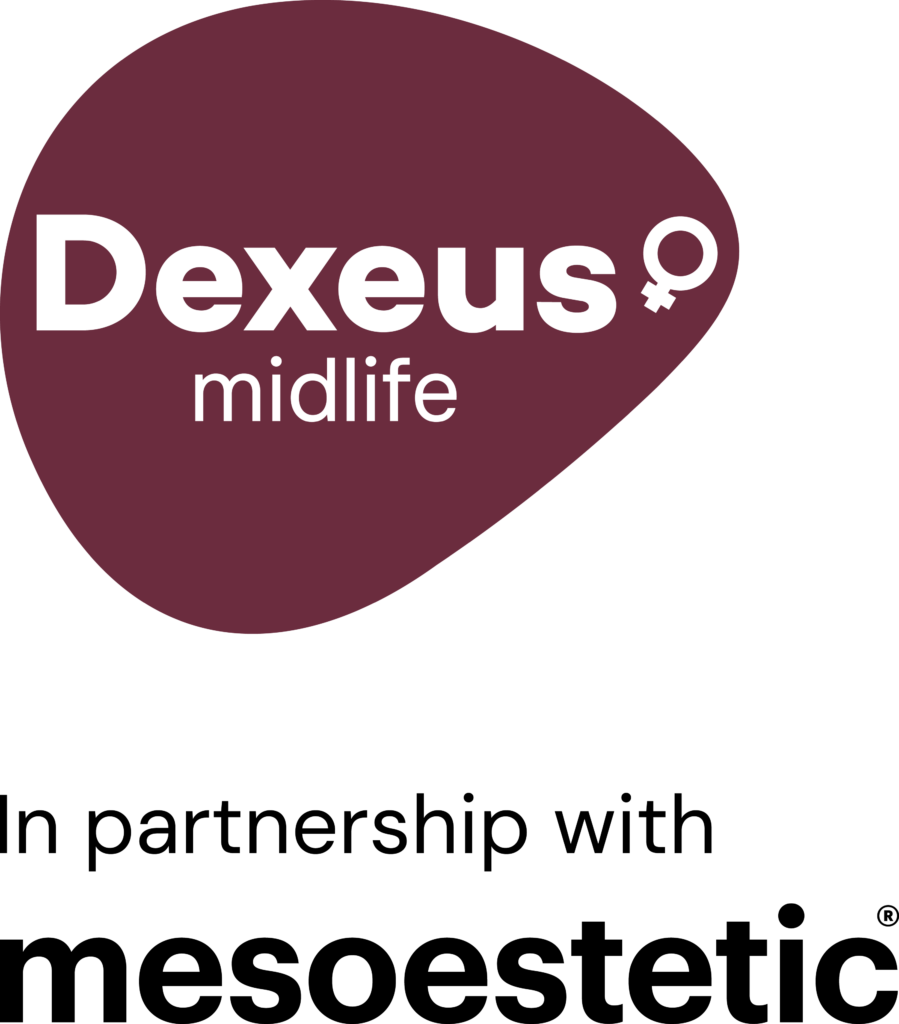There are three different types of lichen that can affect the vulvar area: lichen simplex, lichen sclerosus and lichen planus. The first is a chronic skin condition that occurs due to repeated rubbing or scratching of the skin. The other two are also chronic inflammatory skin conditions of unknown cause.
Until a few years ago it was a condition that was not well known, but it is currently possible to obtain good symptom control if the appropriate treatment is applied.
The problem is that it often takes time to carry out the diagnosis because the symptoms are quite non-specific. The main one is usually vulvar itching, which can be accompanied by a feeling of burning, stinging or irritation. If symptoms persist, they can cause discomfort or pain during sex and the onset of fissures. Over time, sensitivity in the vulvar area may also be altered and skin changes such as irregular spots may occur, as well as anatomical changes in the vulvar region. The skin becomes thinner, finer and more fragile.
Treatments for vulvar lichen
The first-choice treatment is the use of topical corticosteroids and vulvar moisturisers. Sometimes local oestrogen treatment may also be required.
For some years, there have been treatments focused on tissue regeneration, which can be applied in a supplementary way.
Functional recovery laser treatment
Functional recovery laser treatment
Laser treatment induces a regenerative response at the cellular level that favours the synthesis of collagen and vascularisation of tissues,...
Read moreVulvovaginal hydration
Vulvovaginal hydration
Treating the genital area with hyaluronic acid is one of the techniques we can use to hydrate the vulvovaginal area...
Read moreBio-regeneration with platelet-rich plasma (PRP)
Bio-regeneration with platelet-rich plasma (PRP)
Platelets are cell fragments present in blood plasma that naturally activate tissues' regenerative capacities. Therefore, they are used for therapeutic...
Read moreCarboxytherapy
Carboxytherapy
It consists of the infiltration of carbonic anhydrase (CO2) in tissues to promote an increase in blood circulation and to...
Read moreFat grafting
Fat grafting
It is applied in the urogenital area to stimulate tissue regeneration. It improves hydration, tone and lubrication of the vulvovaginal...
Read moreRegenerative mesotherapy
Regenerative mesotherapy
It is a medical technique that allows you to take vitamins and active substances through dermis microinjections into the skin...
Read moreRadiofrequency
Radiofrequency
Radiofrequency is a cell activation therapy that stimulates the formation of collagen and elastin and increases blood flow, which makes...
Read moreFAQs
What causes the condition of vulvar lichen?
The exact cause is not actually known. It is believed that it may have a multifactorial cause: genetic, immunological, hormonal…. There have been some cases indicating a family predisposition (mother-daughter, sisters, etc.) and in some women it is associated with other autoimmune diseases. But the origin is not infectious, it is an inflammatory skin condition.
Is the condition of vulvar lichen contagious?
No. The condition cannot be spread through contact, sex or sharing towels.
How is the diagnosis of vulvar lichen established? Do you have to take a special test?
In general, the diagnosis is clinical through physical examination, but it is always important to go to a clinic with a medical team specialising in vulvar pathology. In some cases, a biopsy may be required.
Why is it more frequent in menopause?
Although the cause is not well known, it is believed that it may have some relationship with hormonal factors and that oestrogen could have a protective effect, as more cases usually occur after menopause and in prepuberty.
Can vulvar lichen be cured?
It does not have a cure, but it is possible to stop it from progressing and control the symptoms. In general, if well controlled, a completely normal life can be led.

